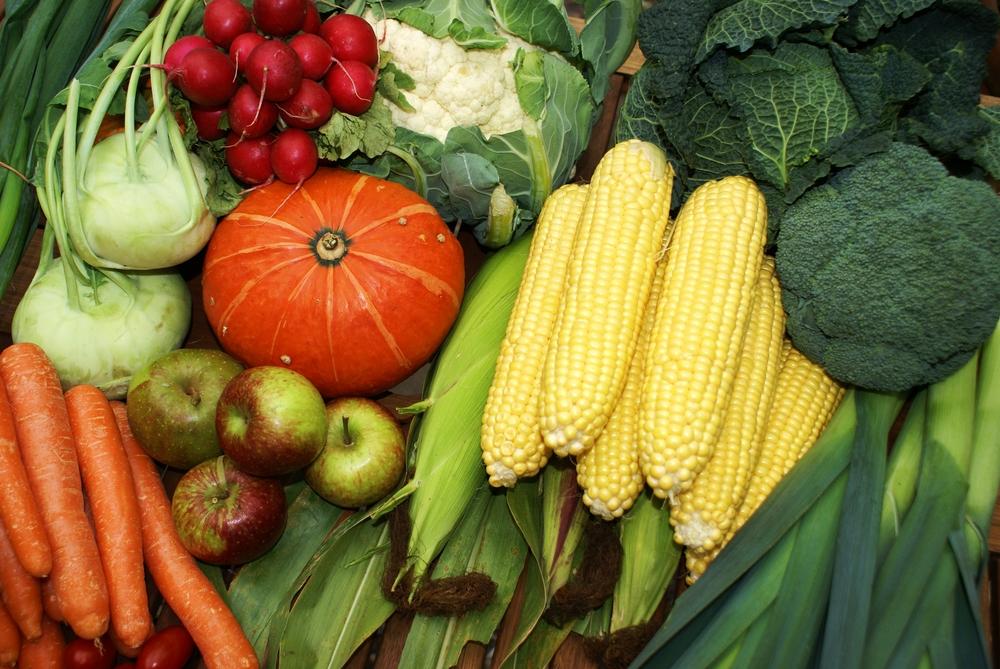Nutrition Tips for Managing Diarrhea Effectively
This article offers effective dietary strategies to manage diarrhea, emphasizing hydration, suitable foods, and when to seek medical help. It covers recommended diets like BRAT, foods to avoid, and the importance of addressing underlying causes for persistent symptoms. Practical tips help individuals recover quickly and safely from digestive upset through mindful eating and hydration techniques.
Supporting Digestive Health Through Dietary Choices
Strategic eating to manage diarrhea
Diarrhea is a frequent issue that often resolves on its own, serving as the body's mechanism to eliminate toxins, bacteria, viruses, and parasites from the gastrointestinal tract. Increased gut activity and fluid release play key roles in this process. Consuming appropriate foods can help alleviate symptoms, especially when the cause is non-infectious. However, ongoing or severe diarrhea needs immediate medical care to uncover underlying health problems.

Adults typically can wait up to two days for symptoms to resolve if there is no dehydration, high fever, bloody stools, or intense abdominal pain. For children, the limit is one day due to their higher dehydration risk. Certain medications such as antibiotics and cancer treatments may induce diarrhea, necessitating medical supervision. Including easily digestible, electrolyte-rich foods like bananas, plain rice, coconut water, and peeled potatoes can help manage symptoms. Staying well-hydrated is essential; suitable fluids include broth, diluted fruit juices, and boiled water with salt and glucose. Foods to avoid encompass insoluble fiber, sugary snacks, and acidic fruits, which can exacerbate discomfort. Instead, choose bland options like oats, baked potatoes, lean poultry, and simple soups high in protein. Ginger’s anti-inflammatory effects can help reduce nausea and bloating; enjoy it as teas, chews, or ginger ale. Chamomile tea can relax stomach muscles and ease pain. The BRAT diet—bananas, rice, applesauce, and toast—is gentle on the digestive system, helping restore stability and provide vital nutrients.
Foods to avoid include high-fiber vegetables like cabbage, beans, sugary fruits, fried foods, dairy, and caffeine, as they may worsen symptoms or cause additional irritation. Persistent diarrhea lasting more than two days in adults, or more than one day in children, should prompt medical evaluation. Common causes involve bacterial pathogens such as Salmonella, Campylobacter, Shigella, and E. coli, as well as viruses like rotavirus and norovirus, with vaccines offering protection for children. Parasitic infections including Giardia and Cryptosporidium are other contributors. Underlying health issues like inflammatory bowel disease, celiac disease, colon cancer, or medication side effects should also be assessed by healthcare providers. Proper hydration and timely medical attention are vital in managing severe or prolonged diarrhea.


